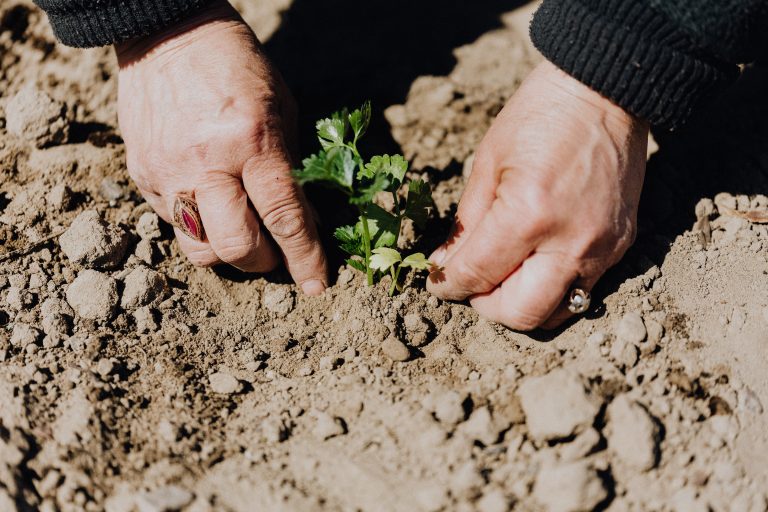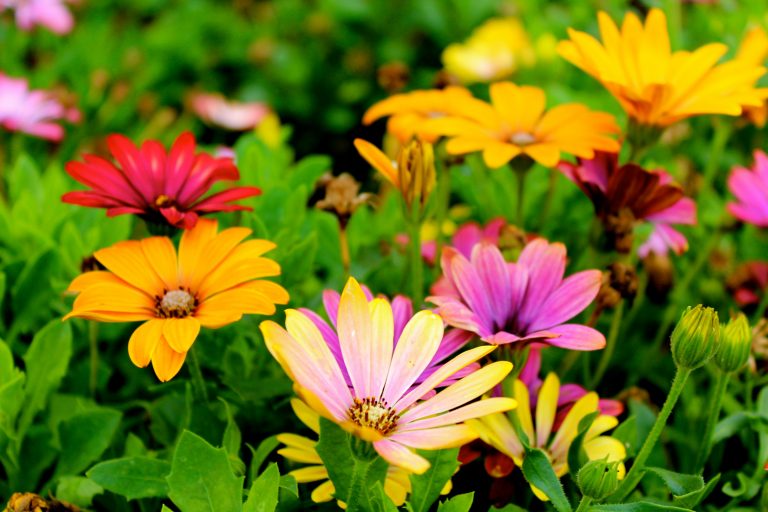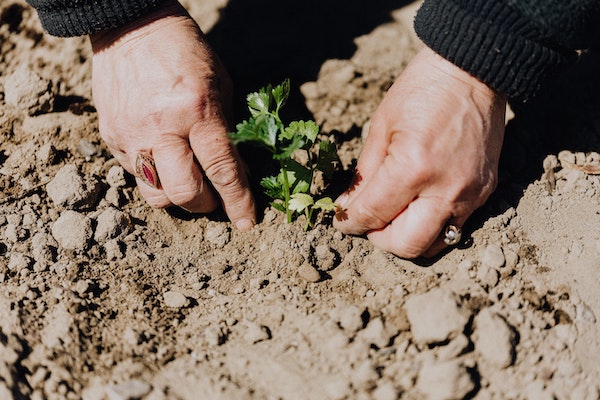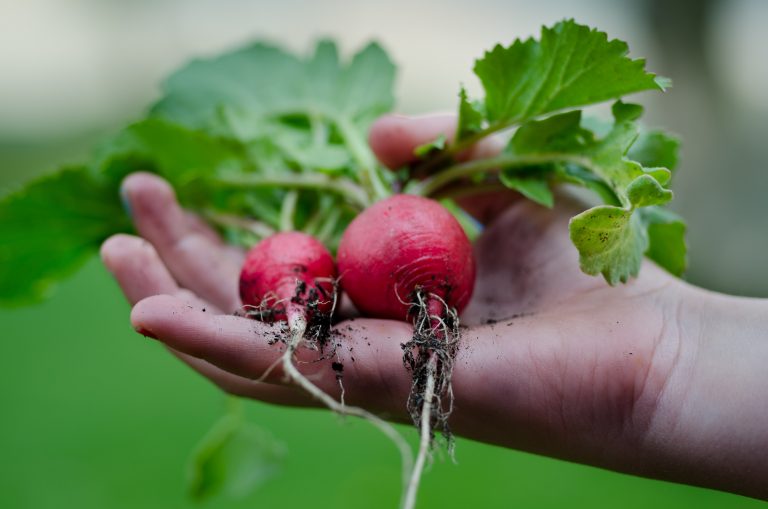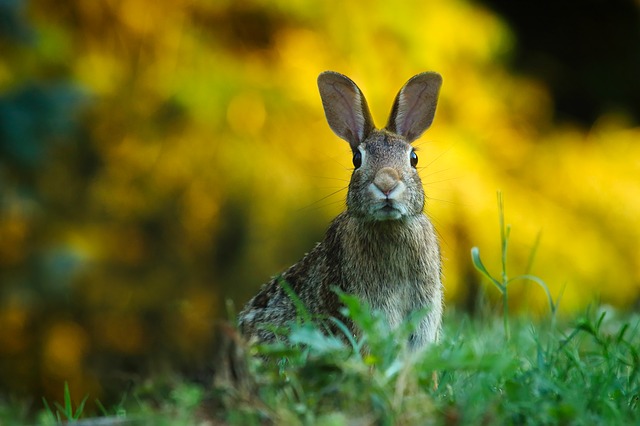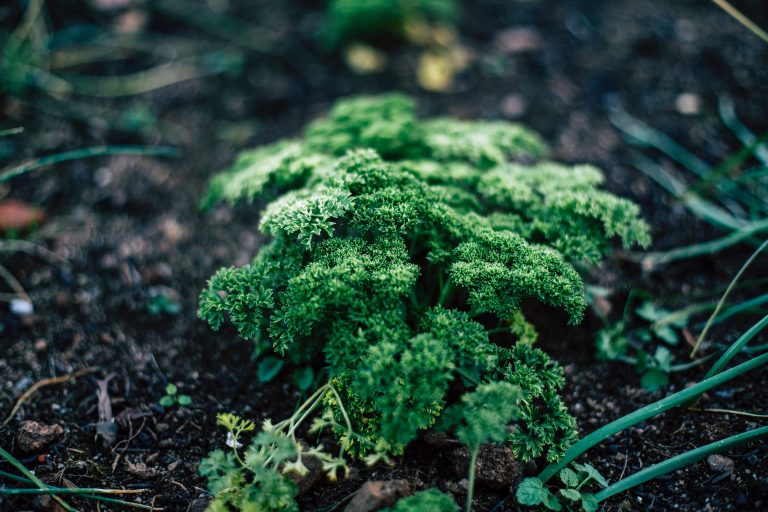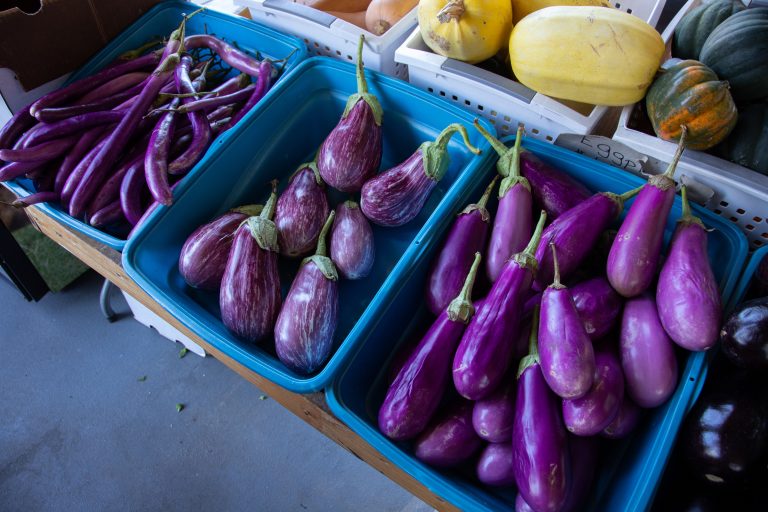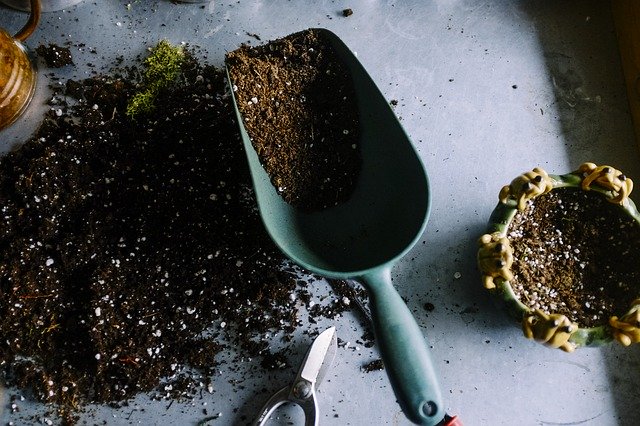Spring has sprung! Kind of. Last week where I am in zone 5 Canada, we were hit with a surprise snowstorm. Many people expected a light dusting and for the snow to melt right away, but it stuck around for several days. I know at least one gardener who got a nasty surprise when the…
garden musings
Go With The Flow Gardening
Spring is here! I remember at this time last year, we were at the start of this pandemic and I was so excited to start the gardening season. It was too cold to start planting, but I had a ton of stuff started in my basement, and I was slowly starting to harden things off….
5 Reasons to Start a Garden This Spring
Normally, I don’t need to think of reasons to start a garden. I’m intrinsically motivated to start anew each spring. In the dead of winter, I usually get incredibly excited about the prospect of gardening in March. As soon as the seed catalogs arrive, I start to plan. I dream about the new varieties…
Gardening Goals for the New Year
Oh, how time flies! It’s already 2021 and I can’t even remember what I did gardening-wise in 2020. It’s all a blur. So let’s talk gardening goals for this year. Do you have any gardening plans for this year? Any gardening goals you’d love to achieve? Whether you’re thinking of starting a new garden or…
How I Feel About the Hunting of Garden Pests
I’ve never had to deal with deer fussing about in my garden, but I have had plenty of squirrels, rabbits, raccoons, gophers, and cats use my raised beds as their very own buffet, walking path, and toilet. I’m speaking from my own limited experience here. But I’ve never felt comfortable with the idea of hunting…
5 Ways to Reignite Your Passion for Gardening
It’s the height of the harvest season! I’ve been picking ripe tomatoes and cutting fresh flowers to adorn my kitchen table almost every day. I have hot peppers coming out of my ears, and I’ve been blessed with a lush crop of kale. Funny how this time of year is also when I start…
Victory Garden Planning during a Pandemic
We’re in the thick of it now. Areas are going into lockdown, and non-essential businesses are closing until further notice. It feels weird. It’s scary. I’m exhausted. But I feel motivated, now more than ever, to keep up my gardening efforts. I’ve seen interest in gardening skyrocket. Is this the return of the victory garden?…
The Pandemic: a Gardener’s View
It’s been a tough week. Because of what I do for a living, I’m unable to unplug and decompress amidst all this. I feel overwhelmed, exhausted, and mentally spent. But while the future seems uncertain and I’m anxiety-ridden at all hours, I try my hardest to look on the bright side. It could always be…
